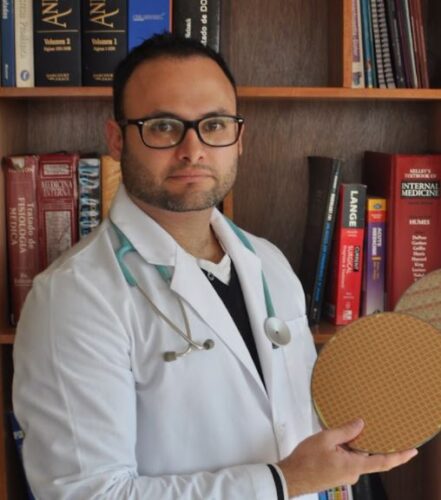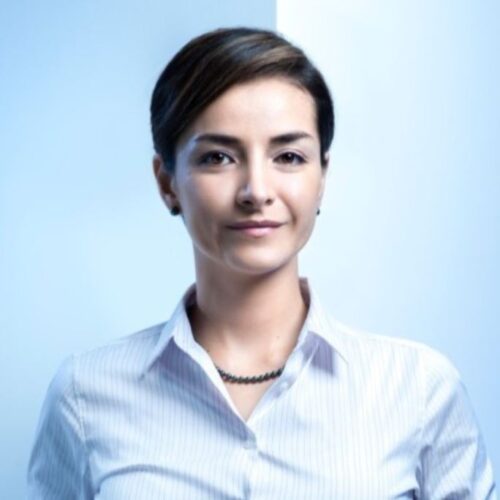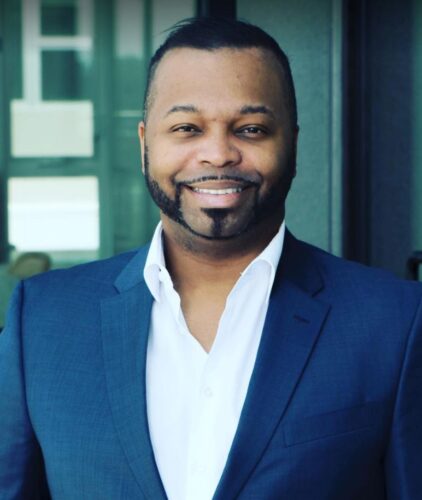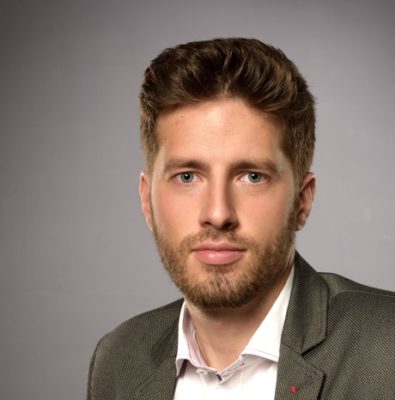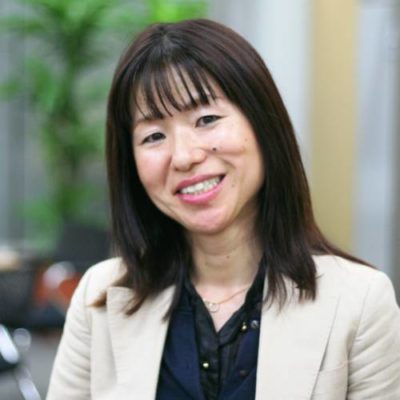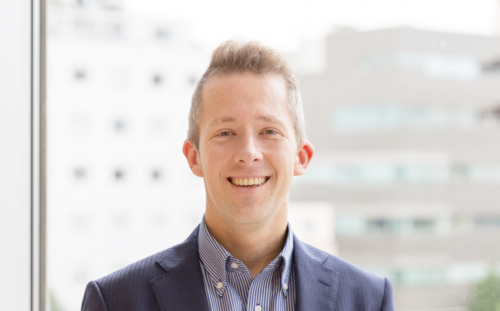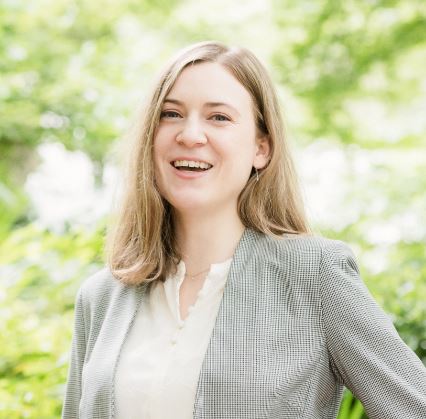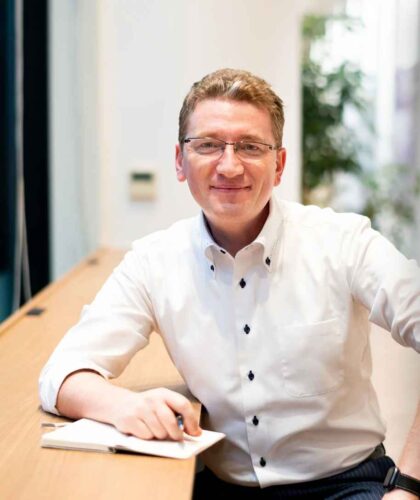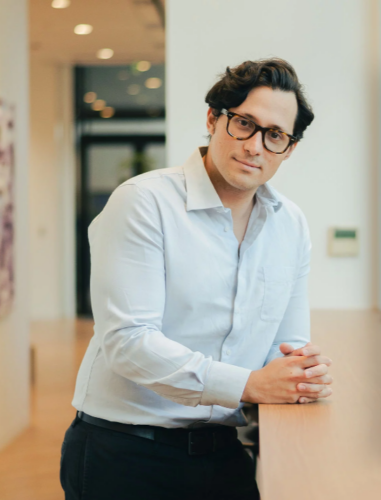David E. Villagómez A.
Industry Background
, GovernmentProgram Intake
, Part-time MBAHome Country
Ecuador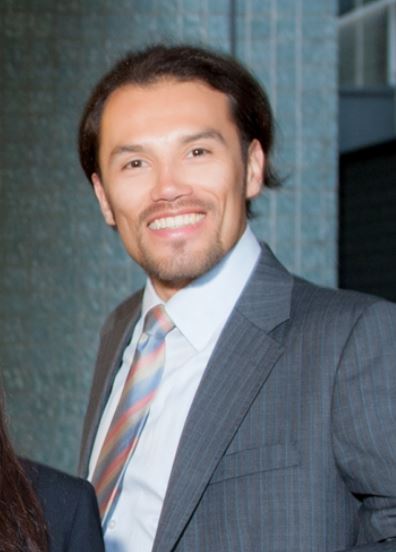
How has your career progressed since graduating from GLOBIS?
During my studies at GLOBIS, I was Second Secretary at the Embassy of Ecuador in Japan. After graduation, I had different opportunities to show my own leadership. I felt I grew not just in the area of work. I was also able to expand my friendships and social groups.
I had a revelation recently because of the incredible responsibilities I gained overnight. I was in Ecuador working from home due to the COVID-19 pandemic, and suddenly I was put in charge in Panama. I’m currently the Chargé d’affaires, substituting for the ambassador and overseeing all operations, personnel, and governmental relationships at the Embassy of Ecuador in Panama.
How did your GLOBIS experience help with this transition?
I can definitely apply a lot of knowledge from the leadership courses at GLOBIS. I need to guide both colleagues and superiors, which made me realize the importance of communication once again.
As a newly-appointed leader I’m finding my own way of leadership communication, and I’m focused on finding a direction for us as a group. It’s a very interesting experience!
In the diplomatic world, you get the opportunity to reinvent yourself. However, it can be extremely hard and nerve-wracking!
What kind of kokorozashi did you develop at GLOBIS?
Throughout my career, I have seen two types of ambassadors: the ones that are just there for the image of being “the ambassador” and leave the hard work for others, and those that are extremely busy and trying to make an impact.
The kokorozashi I developed during my studies was to become an ambassador of the republic and a good public servant to contribute to my country.
Right now in Panama, I’m getting a small taste of what it might be like. This experience reinforced my kokorozashi, showing it is still a path I wish to follow.
How do people react when you tell them you got your MBA in Tokyo?
People who found out I lived and studied in Japan are incredibly impressed. They respect Japan’s achievements and generally have a good impression of the Japanese.
When people talk about Japan, they mention only good things, like how successful and organized they are. I think that extra ingredient to accomplish things shows that Japanese people are very different from us—religious beliefs, spiritualty, role of society, work, and other elements. I believe different social factors contribute greatly to whether people succeed. The great attribute that I gained from Japan is to learn how different we are. Pure respect. Not dictated by religion, but imposed by society.
I strongly believe Latin Americans could integrate more with Asian society and learn more from them—their mistakes, failures. In order to do so, we have a mission to demystify the Asian region, including Japan, and make the people more human and relatable. The unique advantage GLOBIS has is that is influenced by both currents: the Asian current and the Western current. It has an immense richness that it could share.
Would you recommend GLOBIS to others from the Americas?
Definitely! I had so many moments, incredible moments that I remember very well from my studies at GLOBIS. My favorite course was one that focused on creativity and innovation, and I realized you can come up with many crazy ideas at GLOBIS. The project I worked on was a prototype of a gym, and all the workout machines were connected to a central battery.
Knowing that this kind of business model currently exists just proves how practical GLOBIS’s approach is to education. During the course I also had to show leadership and communications skills, and those are skills much in need in today’s society.
